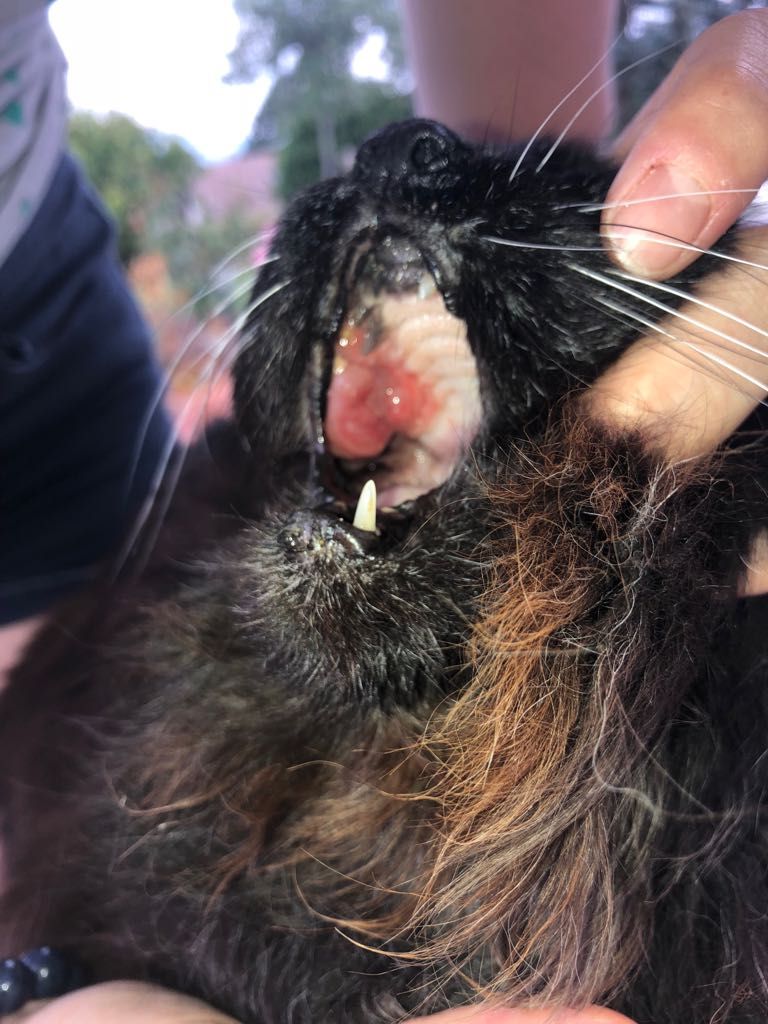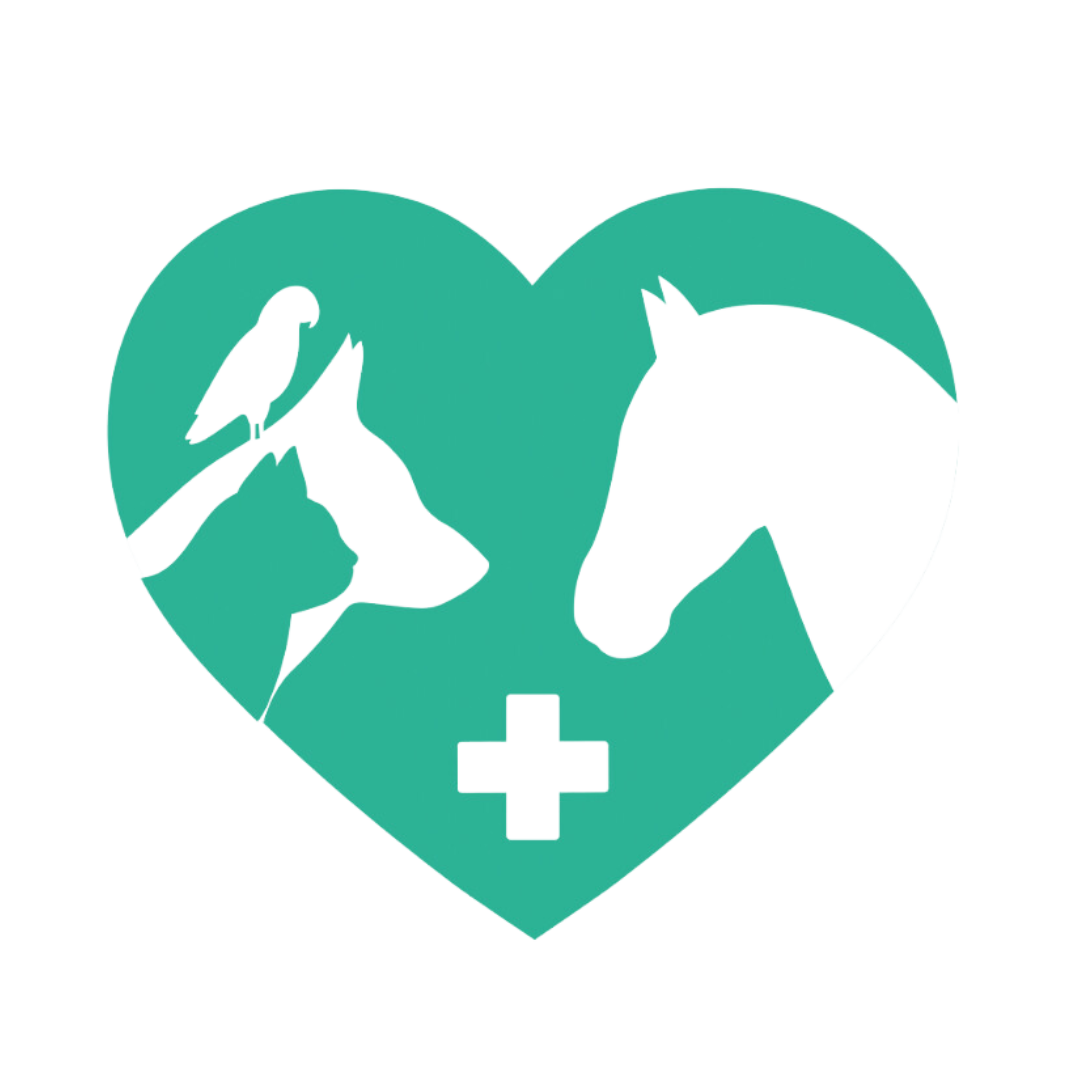Dentistry
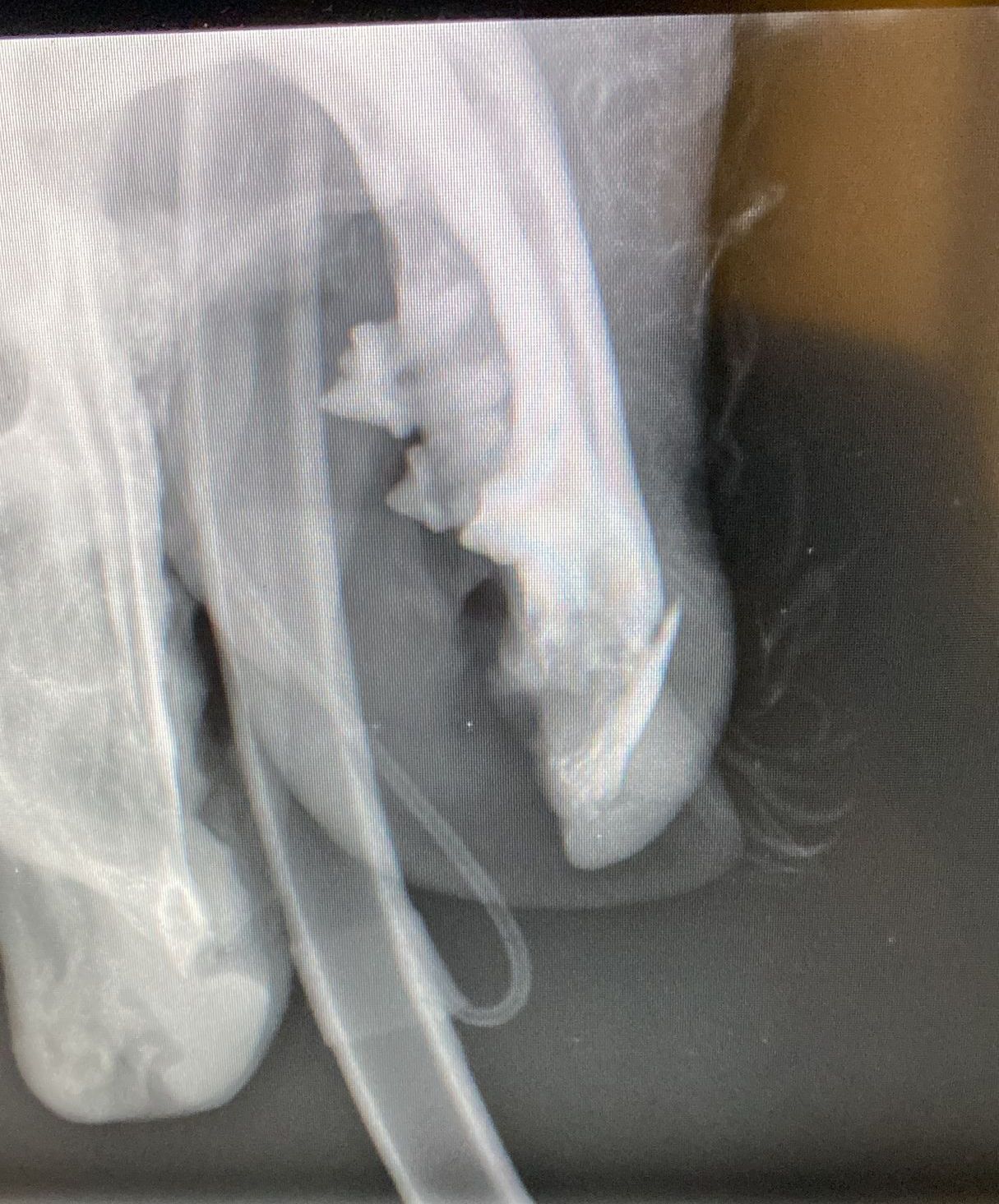
Complete dentistry unit
The clinic has a complete dental block allowing dental treatments of animals as your dentist would do for you:
- Compressor
- Turbines
- Dental scaler (2 models)
- Dental extraction equipment
- Digital dental X-ray
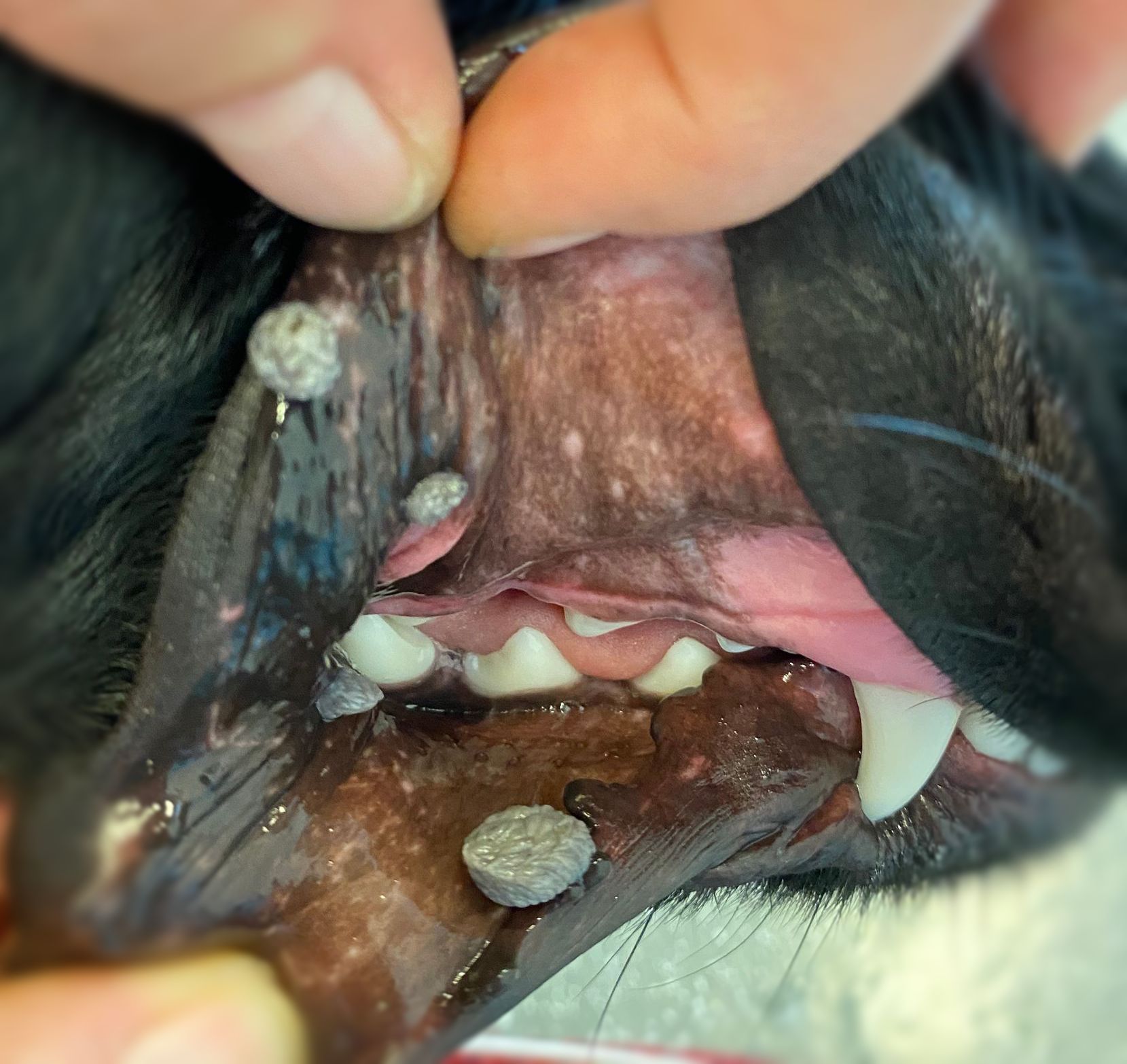
Treated illnesses
- Strict dental diseases: caries, scaling, dental fracture, dental root pathologies
- Tumors of the oral cavity
- Mandibular or maxillary fractures
- Salivary gland pathologies
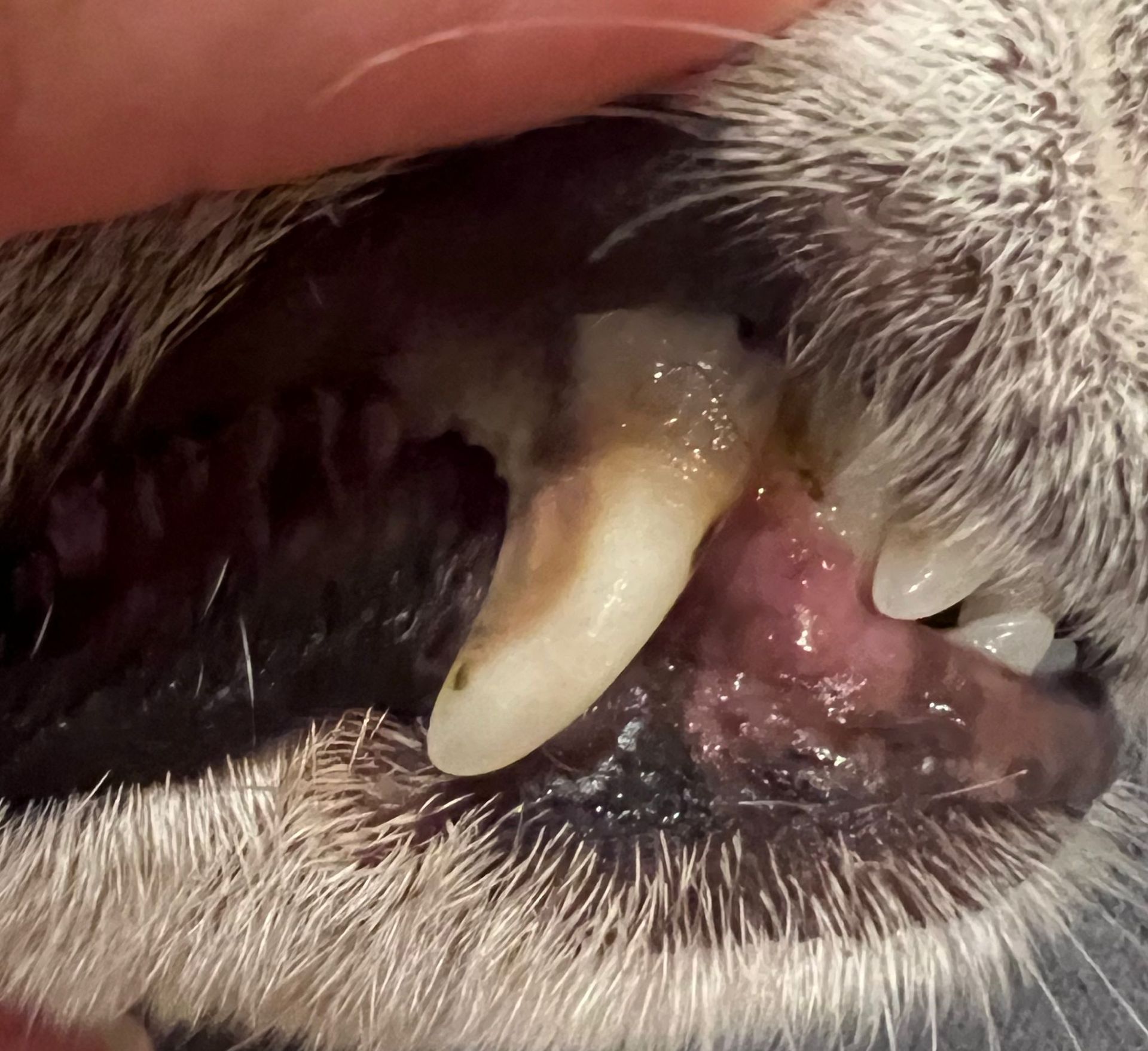
Scaling: obligatory care?
Should you have your pet descaled?
Although brushing their teeth is strongly recommended to limit the appearance of dental plaque, it is not sufficient and can be laborious.
As with humans, your companion will then need to have scaling. Some animals need scaling more often than others, with genetics, age and breed playing a role.
Dentistry care may be necessary following the aging of the animal, but also following certain traumas or illnesses which may require dental interventions; we think in particular of chronic gingivo-stomatitis in cats.
How does descaling take place?
To carry out these dental treatments, your animal must not move. Thus, all these treatments are carried out under general anesthesia and your animal is then kept in an outpatient veterinary hospital.
Before each general anesthesia, a general examination will be carried out and a blood test will be offered to you by your veterinarian depending on the age and pathology of your companion in order to adapt the products used.
Once the descaling is completed, your companion is placed in a quiet space while he wakes up. He is monitored by his veterinarian or the veterinary nurse until he wakes up.
As soon as he is awake, our veterinary team will call you to arrange a time for discharge the same day (at the end of the day).
If you have noticed bleeding, bad breath, a broken tooth or a sign of pain in your companion, do not hesitate to make a veterinary appointment.





